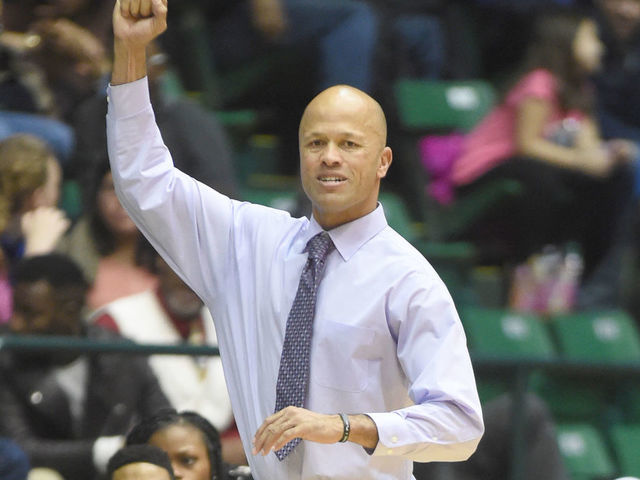This story is a part of the series “Presidents Corner” about the unique experiences, vision and leadership styles of each president at our nation’s 107 historically black colleges and universities (HBCUs).
Dr. Beverly Tatum is the ninth (9th) president of Spelman College in Atlanta, Georgia. She earned a Bachelors Degree from Wesleyan University, Master’s Degree from Hartford Seminary and Master’s Degree and Ph.D. from University of Michigan.
The Buzz recently talked with Dr. Tatum about advising Higher Ed policies, updating her publications, and her outlook on future HBCU leaders.
Here’s our conversation…
Robert: Congratulations on 13 years of great leadership to Spelman. You told Diverse Ed in an interview that you want to update your book: “Why Are All the Black Kids Sitting Together in the Cafeteria?” And Other Conversations about Race after retirement.
Dr. Tatum: I have at least two writing projects I plan to pursue after I retire from the presidency in June. The first is to revisit “Why Are All the Black Kids…” which was originally published in 1997. Though still widely read, in 2017 it will be 20 years old. Current readers tell me that the book is still relevant, which is gratifying. Nevertheless, I imagine writing a new introduction and perhaps an epilogue in which I would like to reflect on events of the last two decades, including the impact of changing demographics, the election of President Barack Obama, and the recent events in Ferguson on how we think about race and racial identity today. My second writing project will probably be based on my experiences as a college president.
Robert: As the seasons are changing, HBCU leadership, and quite often it seems, is changing, too. What advice would you give to the next leaders of the country’s 107 Black colleges?
Dr. Tatum: It is a challenging time to be an HBCU college or university president because of the countervailing pressures to remain affordable and accessible to underserved students and the rising cost of providing a high-quality education experience that supports student success. Despite these challenges, the opportunity to shape institutions that change the lives of so many people through the transformative power of education is a tremendous privilege and responsibility.
There is no one set of experiences that qualifies you to become a president. Most began their careers as professors and moved into college administration as their academic careers progressed, going from department chair to dean to provost or other vice president role before becoming a president. However, there are many examples of presidents who took alternate routes- some coming from careers in business or government prior to assuming a college presidency or from the administrative side of higher education such as chief financial officers or chief advancement officers who eventually became presidents. The common ingredient for success is to establish a reputation for excellence in one’s chosen field, and to demonstrate a proven track record of leadership success in the positions previously held. Unless you are really good at what you are currently doing, it is unlikely that you will be asked to take on even greater responsibilities. If you choose the path of becoming a professor with the goal of moving through the academic ranks, a doctorate in your chosen academic discipline is essential. The answer to whether that degree should be a Ph.D. or an Ed.D. depends on the choice of discipline.
No matter what the degree credential is, because Historically Black Colleges and Universities are under-resourced and serve large numbers of economically disadvantaged students, presidents of HBCUs must be very creative and entrepreneurial in their efforts to generate the resources they need. They also must be excellent communicators because the need to make the case for support of HBCUs in general, and your own institution in particular, to broad audiences is critical for success.
Robert: You serve on the Advisory Board for the White House Initiative on HBCUs. Talk more about your role.
Dr. Tatum: The Advisory Board for the White House Initiative on HBCUs is just that – advisory. We are not a policy-making body, but we can and do articulate the needs of HBCUs to federal agencies and vigorously advocate for policy change when needed.
Anyone who offers advice knows that it is not always taken and that can be frustrating. Change comes from persisting anyway.



